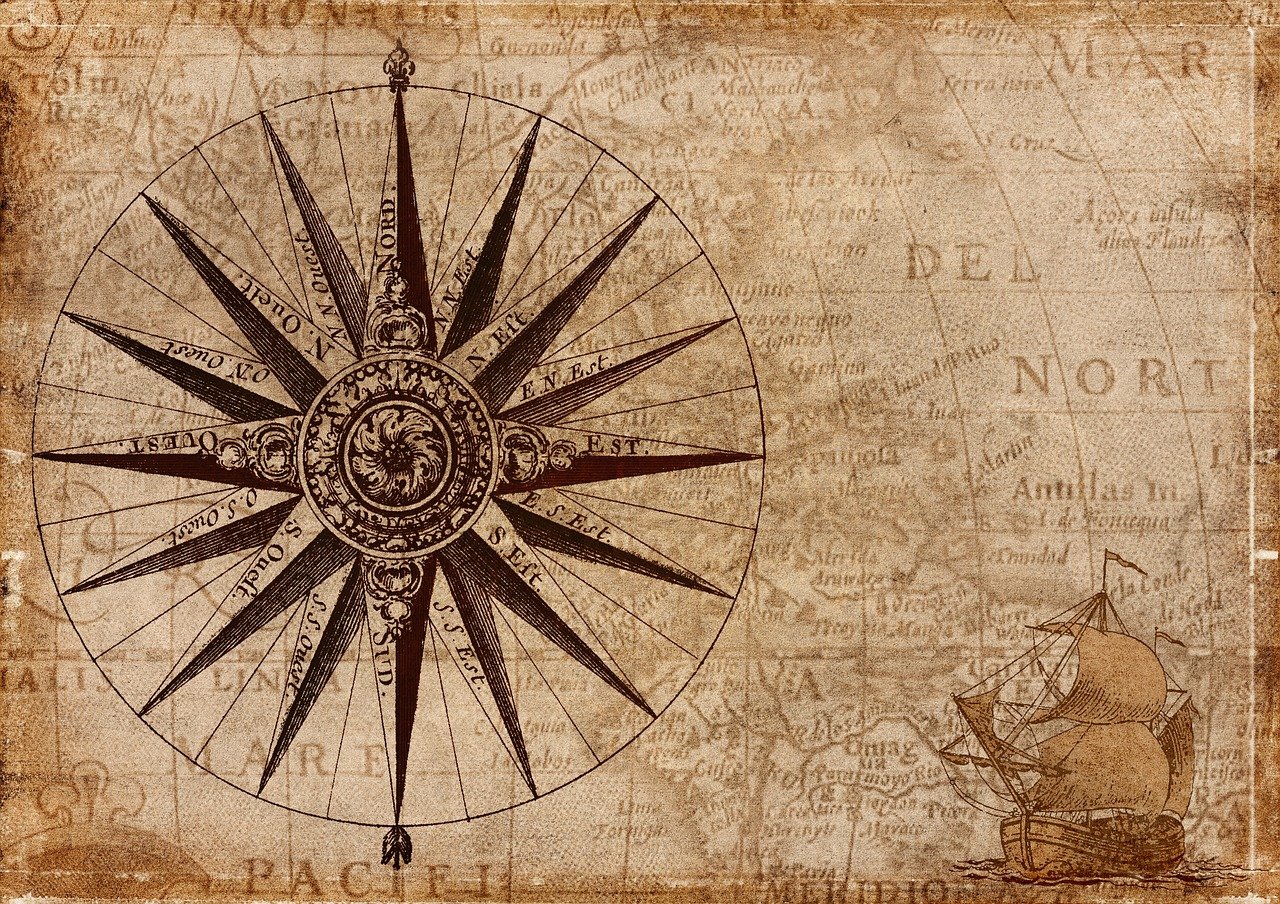René Descartes (1596–1650)
René Descartes (1596–1650), a French philosopher, mathematician, and scientist, is often regarded as the father of modern philosophy. His ideas laid the foundation for much of Western thought, marking a significant departure from the scholastic traditions that had dominated medieval European philosophy. Descartes’ revolutionary approach to philosophy, particularly his emphasis on doubt, reason, and individual thought, has had a profound and lasting impact on a wide range of disciplines, including metaphysics, epistemology, mathematics, and even the natural sciences. Through his famous declaration, “Cogito, ergo sum” (“I think, therefore I am”), Descartes redefined the way we understand existence, knowledge, and the human mind.
Table of Contents
Early Life and Education
Born in La Haye, France, in 1596, René Descartes came from a family of moderate nobility. His father, Joachim Descartes, was a lawyer and magistrate, ensuring that young René received a solid education from an early age. At the age of eight, Descartes was enrolled at the Jesuit College of La Flèche, where he studied classical literature, philosophy, and the sciences. The education he received here was rooted in scholasticism, a dominant medieval school of thought based on the teachings of Aristotle and the Church. However, Descartes would later break away from these traditional modes of thinking, seeking a more rigorous and systematic approach to knowledge.
After finishing his formal education, Descartes embarked on a period of travel and self-study across Europe. He spent time in the Dutch Republic, Germany, and other parts of Europe, where he engaged in military service and pursued his interests in science and mathematics. It was during this time that he began to formulate the ideas that would eventually become central to his philosophy.
The Quest for Certainty: Descartes’ Method of Doubt
Descartes is best known for his method of doubt, a systematic process of being skeptical about the truth of one’s beliefs. In his most famous work, Meditations on First Philosophy (1641), Descartes sets out to question everything that can possibly be doubted in order to arrive at something that is absolutely certain. He begins by doubting the reliability of the senses, which can deceive us (as in optical illusions), and even the existence of the physical world itself. This radical skepticism leads him to consider the possibility that an all-powerful deceiver, or “evil demon,” might be manipulating his thoughts and perceptions.
However, amidst this sea of doubt, Descartes realizes that the act of doubting itself requires a thinking subject. Even if all external reality is an illusion, there must be a “self” doing the doubting. This realization leads to his famous proposition, “Cogito, ergo sum” (I think, therefore I am). Descartes argues that the very fact that he is thinking proves his own existence as a thinking being. This foundational certainty provides the basis for all subsequent knowledge in Descartes’ system of philosophy.
Dualism: The Mind-Body Problem
One of Descartes’ most influential and debated contributions to philosophy is his theory of dualism, the idea that mind and body are two fundamentally different substances. According to Descartes, the mind is a non-physical, thinking substance, while the body is a physical, extended substance that occupies space. This distinction between mind and body is central to Descartes’ philosophy, as it allows him to account for the uniqueness of human consciousness and reason.
Descartes’ dualism raises important questions about the nature of human identity and the relationship between the mind and the physical world. How can the immaterial mind interact with the material body? Where does consciousness reside in the brain? These questions, often referred to as the “mind-body problem,” have been the subject of intense philosophical debate ever since Descartes’ time and remain central to contemporary discussions in philosophy, psychology, and neuroscience.
Descartes’ Legacy in Mathematics and Science
In addition to his contributions to philosophy, Descartes was a gifted mathematician and scientist. His work in mathematics laid the groundwork for the development of analytic geometry, a branch of mathematics that uses algebra to describe geometric shapes and relationships. The Cartesian coordinate system, named in his honor, revolutionized the field by allowing the representation of geometric shapes through algebraic equations. This innovation bridged the gap between algebra and geometry, paving the way for future advances in mathematics and physics.
Descartes also made significant contributions to the scientific revolution of the 17th century. His approach to scientific inquiry, based on skepticism, reason, and empirical evidence, helped to challenge the traditional Aristotelian views of the natural world that had dominated European thought for centuries. Descartes’ emphasis on the importance of mathematical principles in understanding the physical world laid the groundwork for the mechanistic view of nature, which became central to the scientific worldview of later thinkers such as Isaac Newton.
Descartes’ Enduring Influence
René Descartes’ contributions to philosophy, mathematics, and science have left an indelible mark on the intellectual landscape of the modern world. His method of doubt, emphasis on reason, and the cogito have shaped the trajectory of Western philosophy, influencing generations of thinkers, from Enlightenment philosophers such as John Locke and Immanuel Kant to contemporary philosophers grappling with the mind-body problem and the nature of consciousness.
While some aspects of his philosophy have been challenged and revised over time, Descartes’ quest for certainty and his profound inquiries into the nature of knowledge, existence, and the human mind continue to resonate with scholars and thinkers across a wide array of disciplines. As a thinker who dared to question the most basic assumptions about reality, René Descartes remains a central figure in the history of philosophy, embodying the spirit of intellectual rigor and curiosity that defines modern thought.
Weekly Popular
Newsletter
Subscribe to our newsletter to stay up-to-date on our latest news and announcements.






